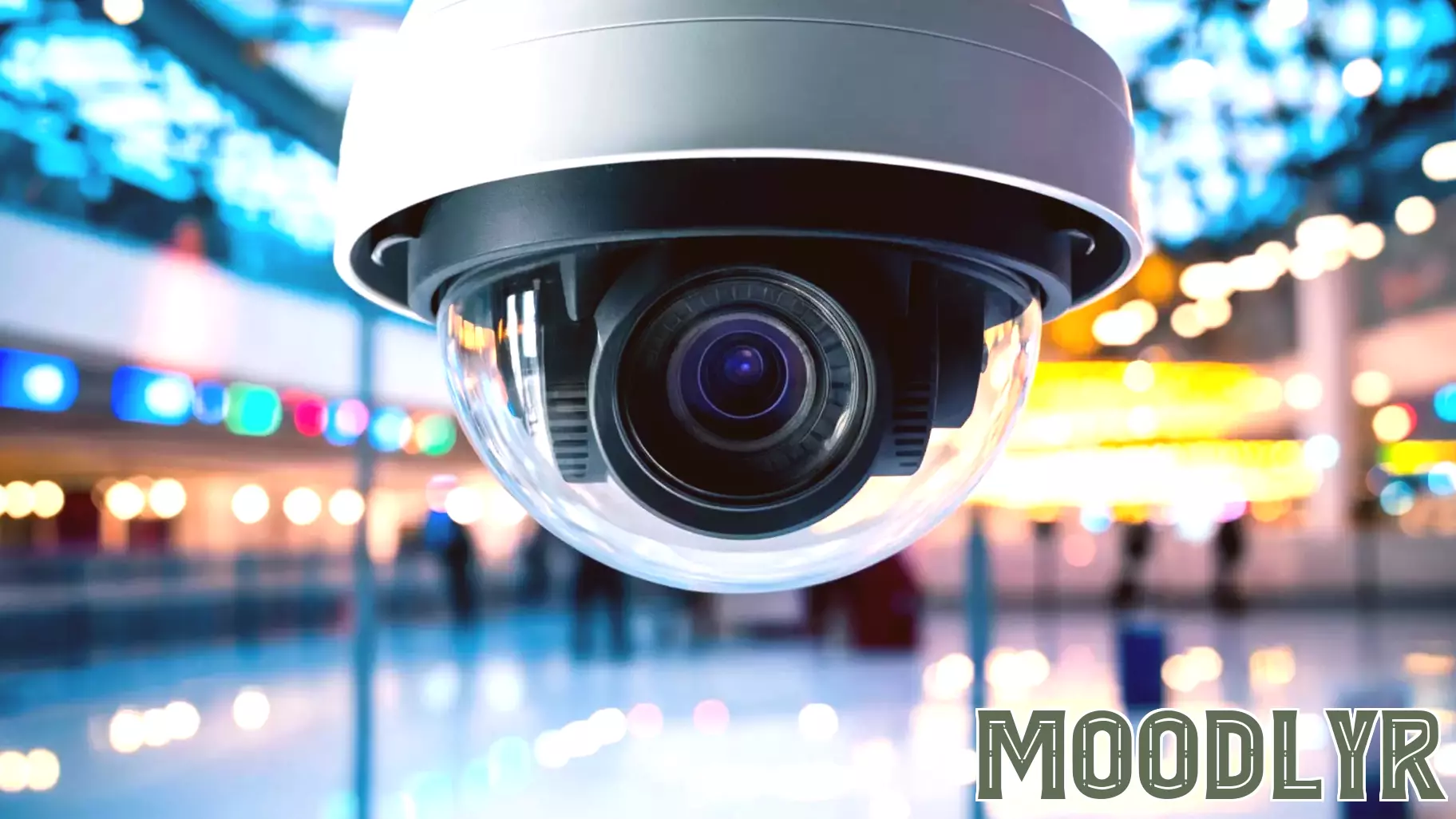The Psychological Effects of Surveillance on Human Behavior
January 1, 2025 - 01:11

Surveillance has become an integral part of modern society, profoundly influencing human behavior and sensory perception. As individuals navigate through environments laden with cameras and monitoring technologies, their awareness of being observed can lead to significant changes in their actions and thoughts. This constant state of vigilance alters the way people interact with one another and their surroundings.
Research indicates that the presence of surveillance can induce anxiety and self-consciousness, prompting individuals to modify their behavior to conform to perceived social norms. This phenomenon, often referred to as the "chilling effect," may discourage free expression and creativity, as people become increasingly cautious about how they are perceived by others.
Moreover, the psychological impact of surveillance extends beyond immediate behavior. Prolonged exposure to monitoring can reshape brain function, affecting decision-making processes and emotional responses. As society grapples with the balance between security and privacy, understanding the psychological ramifications of surveillance is crucial for fostering healthy social interactions and maintaining individual autonomy in an increasingly monitored world.
MORE NEWS

March 5, 2026 - 04:32
How to Help Communities Rebound from Crisis and DisasterIn an era where global crises feel increasingly frequent, the path forward for affected communities can seem insurmountable. However, the specialized field of disaster psychology provides a crucial...

March 4, 2026 - 11:03
If you've worked the same job for more than 15 years, psychology says you likely have these 8 traits that job-hoppers never developWhile modern career advice often glorifies frequent job changes, a significant segment of the workforce finds profound value in deep-rooted tenure. Psychology suggests that individuals who remain...

March 3, 2026 - 20:00
Left-handed people may have a psychological edge in competitionA new study suggests that left-handed individuals may possess a distinct competitive edge over their right-handed counterparts. Published in the journal Scientific Reports , the research indicates...

March 3, 2026 - 05:01
Psychology says people who were the "easy child" in their family didn't actually have fewer needs — they just learned faster than their siblings that expressing those needs came at a costNew psychological insights challenge the long-held belief that the `easy` child in a family simply had fewer demands. Research now suggests these children did not experience less need for attention...